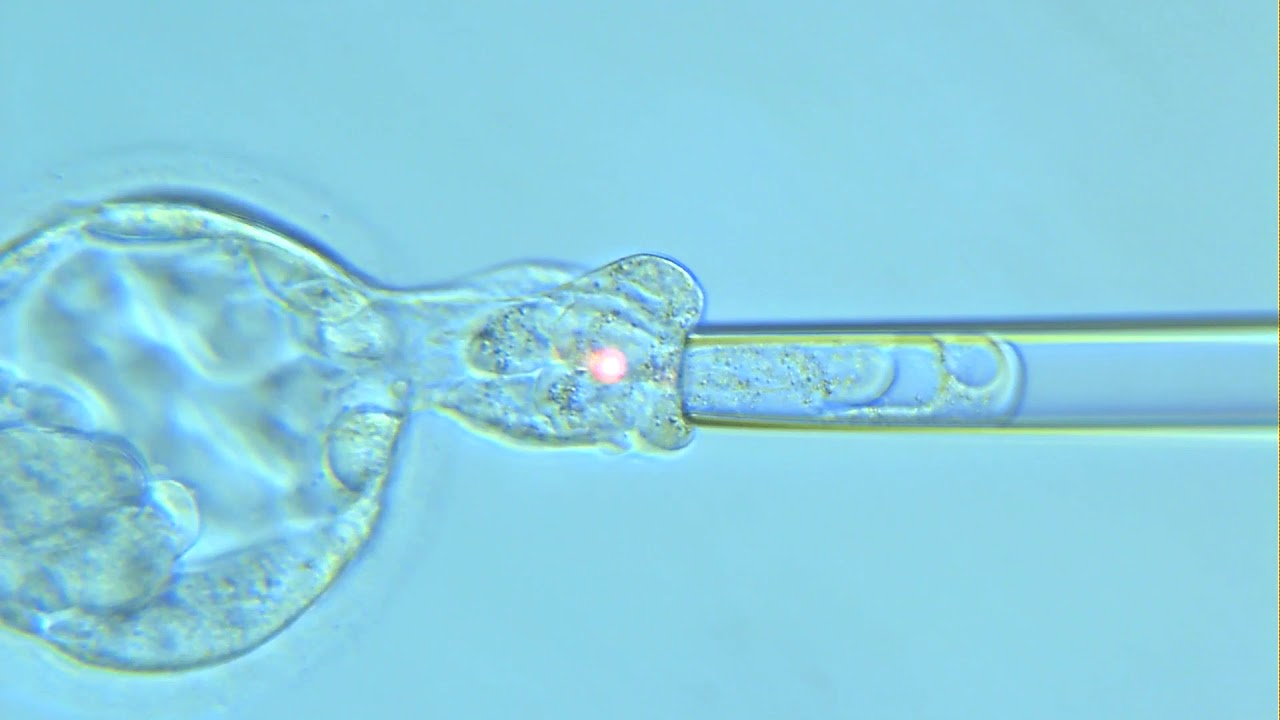Preimplantation Genetic Diagnosis (PGD). IVF Ochoa Marbella
As a result of the decoding of the human genome, the genetic basis of many hereditary diseases has been revealed, and many diagnostic tests have been developed over the past several years.
Genetic mutations are responsible for a significant percentage of all human diseases, both in children and adults.
Furthermore, in human embryos (as well as in many other species), chromosomal alterations have been shown to be the cause of a majority of first trimester miscarriages.

What is PGD?
Preimplantation Genetic Diagnosis (PGD) is the chromosomal or genetic analysis of several embryonic cells. These are obtained by a (microscopic) embryo biopsy, and allows for the detection of genetic anomalies or diseases.
Benefits of PGD?
There are two main benefits:
- Improved efficiency of assisted reproduction programmes. Chromosomal studies are carried out in order to determine embryo quality and select an embryo with a high chance of successful pregnancy.
- Avoidance of genetic (monogenic) disorders. Various hereditary diseases are produced by a mutation in a single gene, and a PGD can detect this issue.
Stages of PGD
The first steps are identical to a conventional IVF (on which you can find more detailed information elsewhere on this website):
- Basic study
- Genetic screening for hereditary diseases in the couple and family
- Ovarian stimulation
- Ovarian puncture and oocyte retrieval
- IVF usually by means of sperm microinjection (ICSI).
- Extensive embryo culture, up to day 5.
- On day 5, those embryos deemed good quality will be micro-biopsied and undergo PGD.
- Cryopreservation: the embryos will be frozen while awaiting the diagnostic result.
- Embryo transfer: after a favourable diagnosis, the woman’s uterus is stimulated via a simple hormonal treatment. Once achieved, 1 or 2 embryos deemed of good quality are thawed and implanted in the uterus.
- Pregnancy test: conducted 12-14 days after the embryo transfer.
Studies prior to PGD
At IVF OCHOA we offer geneticist consultation when genetic diagnosis is deemed necessary and especially in cases of monogenic diseases. A geneticist will study the couple’s family tree and decide what potential issues may need to be addressed and an appropriate course of action.


